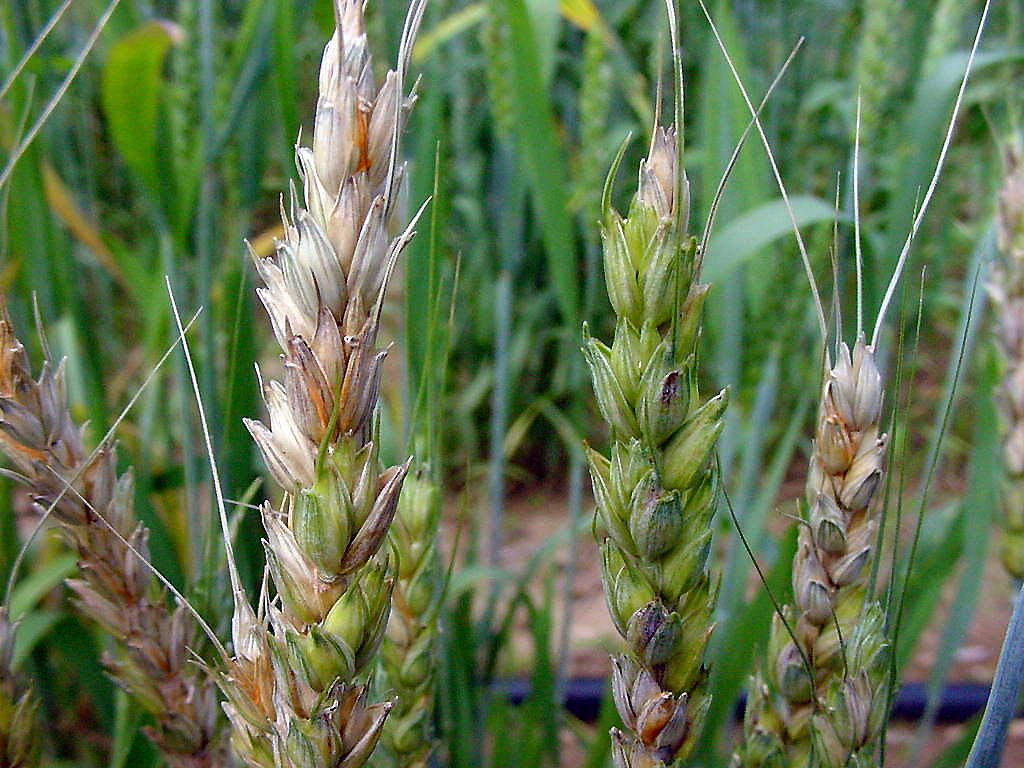National ‘scabinar’ to address important wheat disease
National ‘scabinar’ to address important wheat disease

Fusarium head blight, also known as head scab, is a destructive, fungal disease of wheat, barley and other small grains, and the mycotoxins it produces pose health risks to humans and animals. The U.S. Wheat and Barley Scab Initiative is hosting a “scabinar” to help U.S. small grain growers prepare for the possibility of this disease.
The free webinar is 11 a.m.-1 p.m. ET March 15 via Zoom and will be available in real-time across the nation. Preregistration is required.
“Fusarium head blight is an annual concern for growers with infected fields producing lower yielding and lower quality grain,” said Carl Bradley, one of the event organizers and extension plant pathologist in the University of Kentucky College of Agriculture, Food and Environment. “Anyone interested in learning about the latest management strategies should consider attending the ‘scabinar.’”
The event will provide an in-depth look at the disease and management techniques for experienced producers, consultants, extension agents and industry personnel.
The first part will focus on the pathogen and disease cycle. The second part covers management of the disease and its mycotoxins. The event will include presentations and expert panels from plant pathologists across the country. They will offer their unique geographical perspectives on how the disease affects small grains in their areas. Attendees are encouraged to ask questions.
Interested participants may register online at https://bit.ly/33jXpM9. Once registered, participants will receive a link to view the meeting. The U.S. Wheat and Barley Scab Initiative’s Networking and Facilitation Office can help individuals with registration issues at nfo@scabusa.org or 517-290-5023.
Continuing education units are available for Certified Crop Advisors who preregister and attend the live meeting.
Events Extension Research


